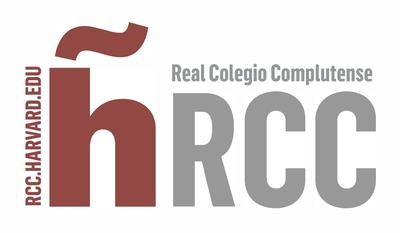Date:
Location:
The fall of the Roman Empire in the West issued in a period of substantial population movement, sometimes referred to as the Migration Period. Many of the transformations of this period have been attributed to the role of “Germanic” barbarians. In Iberia, the Vandals, Suevi, and Visigoths certainly played a major part in the political transition of the peninsula from a Roman province to an early medieval kingdom. However the sixth, seventh, and eighth centuries in Spain also saw significant migration, conquest, and socio-political change from two major Eastern Mediterranean imperial centers: Byzantium and the early Islamic Caliphate. The documentary record of these campaigns is remarkably limited, both in its extent and reliability. To better understand the role of Eastern populations in the cultural and demographic transformation of post-Roman Spain, we need to bring together new insights from archaeology and archaeological science. Ancient DNA is providing a particularly revolutionary new tool for understanding the dynamics of migration and population mixing. This talk will highlight new avenues for integrating texts, objects, and genes to better understand the history of human mobility and cultural change in early medieval Spain.

Speaker: Reed Morgan (Department of History, Harvard University)
Organizer: Pablo Sanahuja Ferrer (RCCHU postdoctoral fellow)
Sponsors: RCCHU, Harvard University
